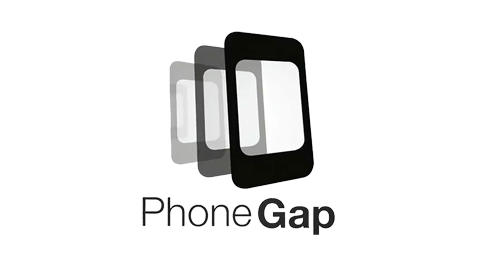Cross-platform Development
In 2007, Apple created the iPhone. This would change mobile devices forever. The iPhone is a line of smartphones. It is a phone, an Internet browser, an organizer, and a gaming device all in one. With a powerful processor the phone could be whatever you wanted it be.
With the success of the iPhone came competitors; Windows, BlackBerry, and Google designed their own devices with their own operating systems. They all use different programming languages, APIs, and libraries.
Many companies will release the iOS version and proudly post on their website “Android version coming soon”. The fact is that porting code between the various languages and frameworks is a tedious and time consuming task. For this reason less popular devices like Windows Phone never get a release. This results in lost sales.
This problem can be mitigated with developing your product in a platform that can target multiple platforms. In this post I am going to cover 2 frameworks that can significantly decrease development time and costs. They allow you to program code for your application just once and test and compile it on multiple devices and operating systems with just the push of a button.
 Phone Gap
Phone Gap
PhoneGap is a framework that allows you to create mobile apps using standardized web APIs. Using PhoneGap, you can quickly create an app using HTML, CSS, and Javascript.
Using PhoneGap gives you more than just a web application. You get access to the native features of the device. For example, you may want to have full access to the device’s camera or you may want access to the GPS on the device.
PhoneGap is perfect for a quick and efficient development cycle. You can get your app developed in a very short time while utilizing existing HTML5 and Javascript libraries.
 Haxe / OpenFl
Haxe / OpenFl
With Haxe, you can easily build cross-platform tools targeting all the mainstream platforms natively. When used with OpenFl, Haxe can create fast and powerful graphical applications that compile on almost any platform. Currently you can compile to iOS, Android, HTML5, Java, C#, PHP, C++, and Python with more languages planned for the future.
Hutz Media’s newest website property, Puzzle Command, was developed using Haxe / OpenFL. This saved us months of porting time. We could develop the code just once and get the app on the web, Apple App Store, and Google Play store.
It also helped us protect our source code. We developed the puzzle generating code so that it could be processed on native devices without being connected to the Internet and would be excluded on non-native devices such as a web browser which rely on bytecode that is easy to decompile. For these devices it fetches the generated puzzles from the web server. As a result our puzzle generating logic is kept safe from theft and abuse, while not limiting functionality to the mobile market which can have unreliable Internet connections.
Haxe / OpenFL are perfect when you need all the power out of a mobile device that you can get because it automatically converts the code to native C++ before compiling to mobile devices.
If your app needs to work on all devices you should save time and money by choosing a multi-platform framework like PhoneGap or Haxe / OpenFL.
Contact us to create your multiplatform desktop or mobile application.



